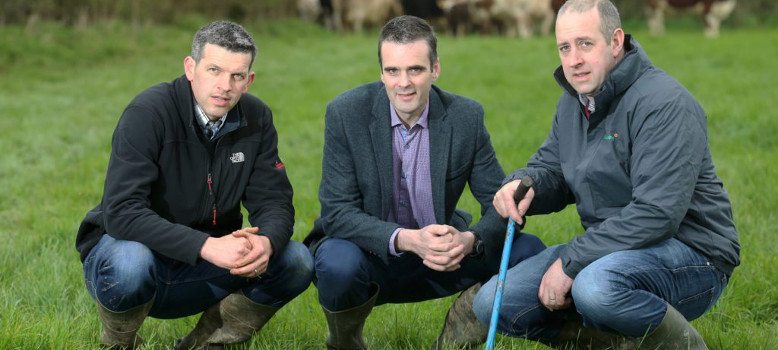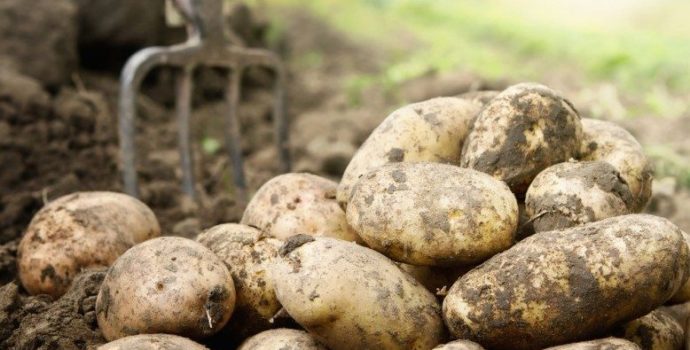Smart Farming Exceeds Cost Saving Target by 74% and Identifies Ways to Reduce Greenhouse Gas Emissions by 10%

The publication of the first Smart Farming Progress Report shows a significant overshoot of targets for improving farm returns and enhancing the environment, marking a very successful 12 months for the programme.
The Report was published today (Mon) to mark United Nations World Food Day. The UN has committed to 17 Sustainable Development Goals to end poverty and hunger and achieve sustainable social, economic and environmental development between now and 2030.
Smart Farming is a voluntary initiative led by IFA, in conjunction with the Environmental Protection Agency. 1,000 farmers will have participated in the programme by the end of 2017, with detailed resource efficiency assessments completed on 38 farms.
The Programme’s target this year was to achieve an average cost saving of €5,000 and a reduction of 5%-7% in greenhouse gas emissions for each participating farm. Both have been surpassed.
The headline results in the Smart Farming Progress Report are as follows:
- Average cost saving on farms of €8,700
- 10% average greenhouse gas emissions reduction
- Soil fertility accounted for 47% of the savings
- Grassland management was the next highest saving at 21%
The Minister for Communications, Climate Action and Environment Denis Naughten TD said “collaborative initiatives such as Smart Farming are crucial to delivering a sustainable recovery, through its dual mandate of improving farm returns while enhancing the environment. Smart Farming works and it is making a real difference for farm families, their communities and the wider environment. This is the message that I will share with my EU colleagues when I speak at Bonn 2017 UN Climate Change Conference next month”.
IFA President Joe Healy said he was greatly encouraged by the results from the first Progress Report and he said the ambition of Smart Farming is now to build on this. “There is a double dividend here for farmers and wider communities: improving farm returns and enhancing the environment through better use of resources”.
The Programme, led by our National Environment Committee, is a real example of how farmers themselves are creating their own solutions to addressing the dual challenges of income and the environment.
Laura Burke, EPA Director, said the work of Smart Farming is an example of practical leadership in the transition to a low-carbon and resource efficient economy. The EPA is pleased to be a lead partner with IFA in the implementation of the Smart Farming programme. “It provides an opportunity for the resource efficiency measures identified to be adopted more widely and for promoting enduring behaviour that will benefit the whole community”.
Find out more about Smart Farming and read the full Smart Farming Progress Report




